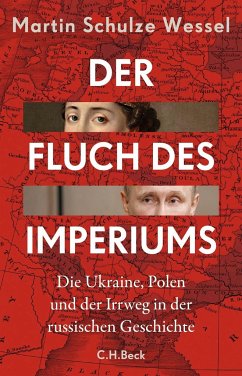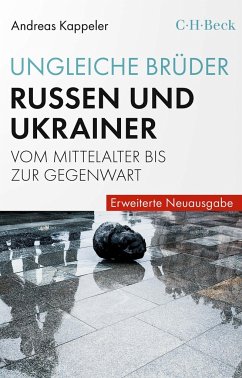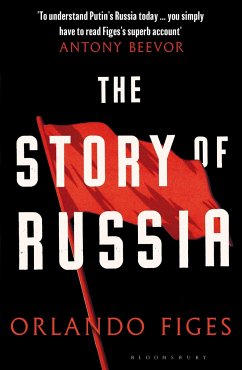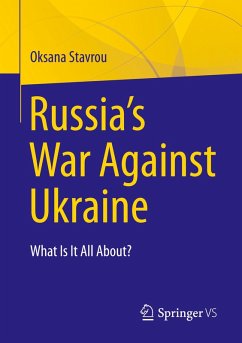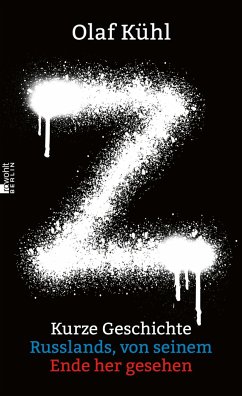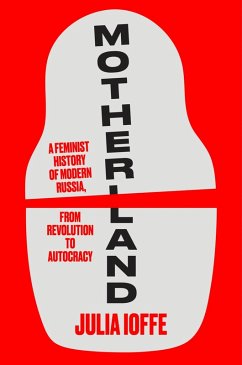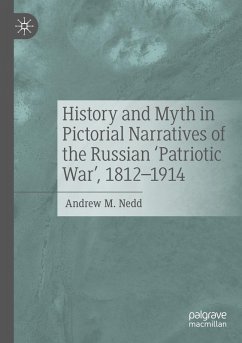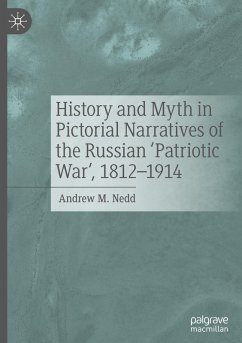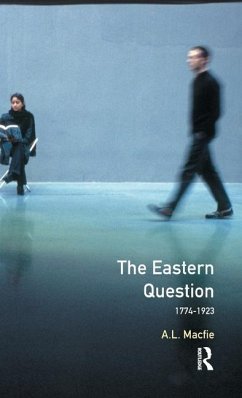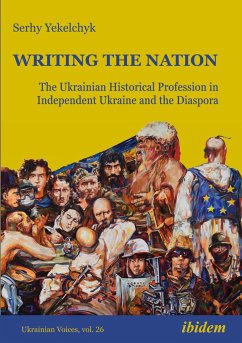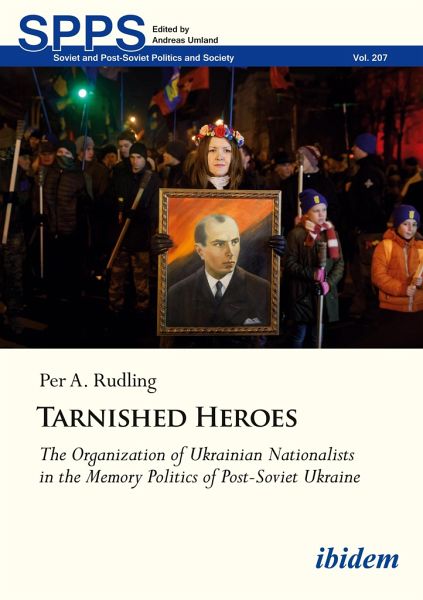
Tarnished Heroes

PAYBACK Punkte
0 °P sammeln!
Following the 2004-5 Orange Revolution, President Viktor Yushchenko embarked on an ambitious project to rehabilitate the Organization of Ukrainian Nationalists (OUN) and its armed wing, the Ukrainian Insurgent Army (UPA). Following the Euromaidan Revolution and Russia's invasion of Ukraine in 2014, a more systematic effort was made to affirm these groups as a center of a new historical canonical canon. This endeavor necessitated a highly selective rendering of these organizations' history, not least in regard to their role in the Holocaust and their systematic massacres of the Polish minority ...
Following the 2004-5 Orange Revolution, President Viktor Yushchenko embarked on an ambitious project to rehabilitate the Organization of Ukrainian Nationalists (OUN) and its armed wing, the Ukrainian Insurgent Army (UPA). Following the Euromaidan Revolution and Russia's invasion of Ukraine in 2014, a more systematic effort was made to affirm these groups as a center of a new historical canonical canon. This endeavor necessitated a highly selective rendering of these organizations' history, not least in regard to their role in the Holocaust and their systematic massacres of the Polish minority in Volhynia and Eastern Galicia in 1943-44. The attempts to rehabilitate some of the OUN's most prominent leaders - Mykola Lebed', Roman Shukhevych, Stepan Bandera, Yaroslav Stets'ko, and others - all faced significant obstacles as newly available archival materials undermined key tenants of the state-sanctioned memory.
The book's introduction to the intellectual history of Ukrainian nationalism and particular conditions of nation building of a stateless nation is followed by an investigation of post-Soviet memory management. The study engages the contentious issue of the taxonomy of the OUN's ideology before concluding with a chapter on how Ukraine's rehabilitation of this organization has been weaponized by the Russian Federation to justify its criminal war of aggression. In this war, Ukrainians defend not only their territory; their stubborn resistance is a defense of a rules-based order, democracy, fundamental human rights, and the right to self-determination. As a by-product of this is, it may also offer a way out of a memory impasse, beyond Bandera and the OUN.
The book's introduction to the intellectual history of Ukrainian nationalism and particular conditions of nation building of a stateless nation is followed by an investigation of post-Soviet memory management. The study engages the contentious issue of the taxonomy of the OUN's ideology before concluding with a chapter on how Ukraine's rehabilitation of this organization has been weaponized by the Russian Federation to justify its criminal war of aggression. In this war, Ukrainians defend not only their territory; their stubborn resistance is a defense of a rules-based order, democracy, fundamental human rights, and the right to self-determination. As a by-product of this is, it may also offer a way out of a memory impasse, beyond Bandera and the OUN.




